After playing all 12 Side Stories in Split Fiction, I immediately thought ‘I should rank these in a list’. This is your brain. This is your brain on digital publishing. When doing so, there was a standout winner for me – Notebook, the ninth story (should you find them chronologically), is the one that seemed to most understand the gimmick behind them. There were other Side Stories I might have enjoyed a little more in the moment, but Notebook is the most memorable, and makes me think of the sort of game Split Fiction should have been.
Now, this is a game currently sitting on a 91 overall, beating out Monster Hunter Wilds (and everything else) to be the highest rated game of the year so far. Saying it didn’t reach its potential feels like less of an opinion and more just being plain old wrong. And yet it is how I feel, motivated both by playing it with a more casual gamer (who loved It Takes Two) and occasionally seeing it break its central premise effectively. There might not be a better game than Split Fiction hidden in its tower of ideas, but there’s probably a game I would have enjoyed more.
Split Fiction Is Let Down By Its Story
The reason I placed Notebook at the top of the tree is its commitment. The idea behind these Side Stories is that rather than just extracting the single narrative the writers agreed to in exchange for being published, the company is secretly stealing all of their ideas, even the unfinished or outdated ones. Notebook plays out like a draft of a story – it’s rendered in 2D pencil recreation, with Zoe changing the plot, crumpling pages, and erasing platforms or enemies as we go. It’s the story that most feels like a discarded idea lodged inside a writer’s brain, prodded at occasionally like a sore tooth.
It’s the sort of flash you get of Split Fiction actually being a game about writers. Slopes of War, maybe the best Side Story to actually play through, is just SSX Tricky. Great fun, but in no way is it a story. It’s just gameplay doing its thing for a while. Most of the longer chapters do this as well – I understand how shooting red and blue targets in sequence, or platforming up a tree as a giant monkey, makes for a fun video game, but would it ever actually be part of a novel? And isn’t that why we’re here?
Then again, it’s no real surprise that the writerly part of Split Fiction is its weakest part – the game’s actual story feels hokey and forced throughout. Landing with the same kind of thud as ‘and then they didn’t get divorced after all’ in It Takes Two, both writers hide something about their past that the players figure out well before the reveal, which in Zoe’s case is delivered in a way that feels so emotionally manipulative it’s as if the game is insulting us.
It also fails to dive below the surface of its very timely plot point that machines are stealing human art for profit. We didn’t really expect much of a narrative from Hazelight, and it’s by no means the first game to prioritise gameplay over story – which is evidently does very successfully. But for a game shaped by writers, it feels as if it could have done with another pass.
Split Fiction Saves Its Best Idea For Last
Spoilers follow for Split Fiction’s endgame mechanics.
Having said that, the best moment in the game comes entirely from Split Fiction gamifying itself, but this is also a place I wanted a little more from the game on. In the game’s final chapter, we finally get some split fiction. Mio plays through a factory level while Zoe runs through a forest, but these turn out to be the same place, with trees as cranes and mushrooms as buttons. As the simulation breaks, the players can finally cross the black dividing line that has separated us throughout the game, siding this way then that to avoid danger.
I will admit, I’m more torn on this point. It Takes Two’s greatest strength was its willingness to throw out ideas before they got old, and Split Fiction will suffer amongst some players for the way it holds onto mechanics, even if they create roadblocks. Saying Split Fiction should reuse an idea over and over is the exact thing I’m complaining about it doing, and you wouldn’t get that ‘pop’ moment if it came earlier and reappeared throughout.
What I am sure about is Split Fiction doesn’t really feel like a game about a sci fi writer and fantasy writer working together to stop their ideas from being stolen – it feels like a co-op game where some levels are sci fi themed and others are fantasy themed, with some minigames sprinkled throughout. Clearly, people love the game Split Fiction actually is. But I can’t help wishing for the game it promised to be instead.
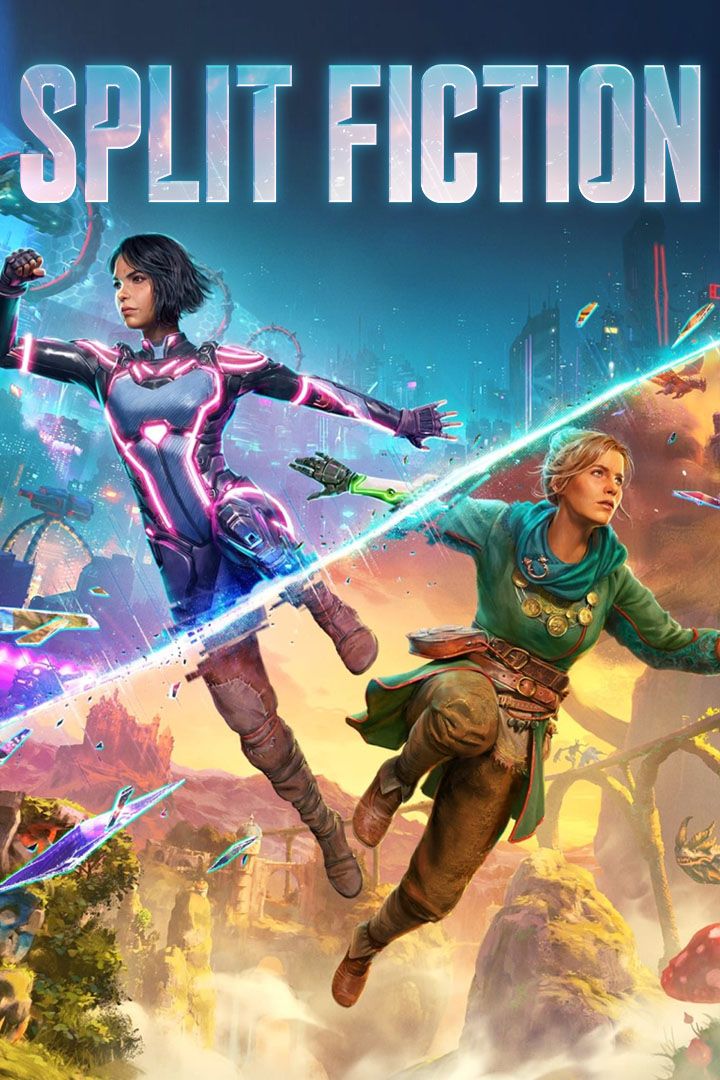
- Released
-
March 6, 2025
- Developer(s)
-
Hazelight Studios




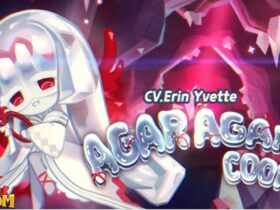

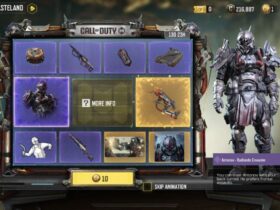

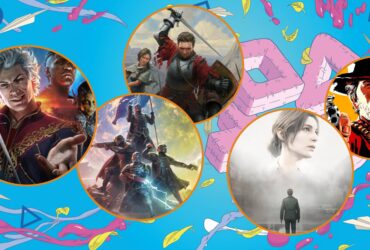
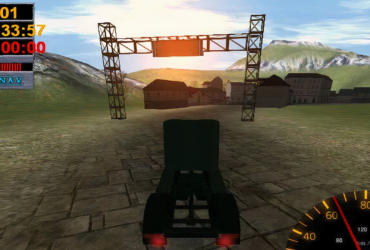
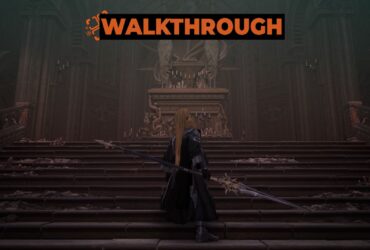
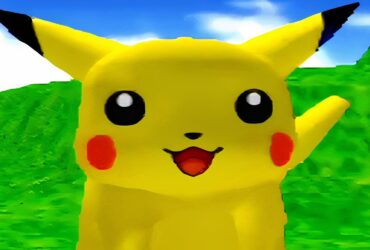
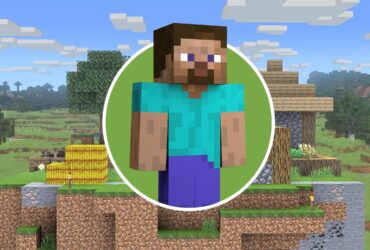
Leave a Reply